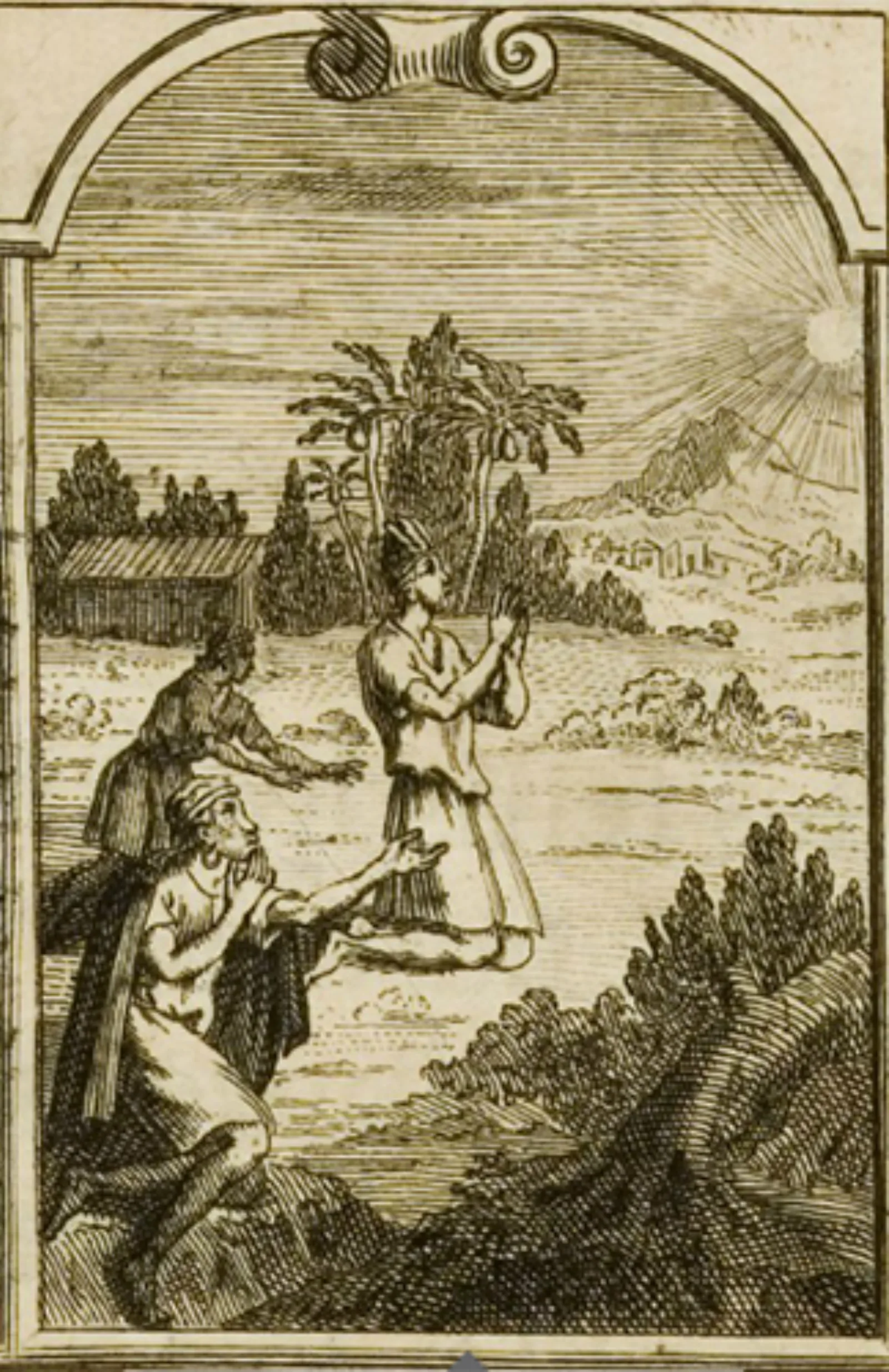The development of paganology in the seventeenth and eighteenth centuries sparks a shift from condemningheathens to theorizing primitive religiosity. This shift can be traced in the monumental compendium, Religious Ceremonies and Customs of All the Peoples of the World (1723-1743), and its subsequent editions, each revised by a different compiler. Natural religion emerges here as more than just intuitive knowledge of the deity: as I will argue,it signals the totality of relations among natures – divine, human, and nonhuman-and plays a critical role in the problematic equivocation in the meanings of nature in the period. By persistently synthesizing several notions and dimensions of nature, including the cosmos, active power, essence, and the order and course of material things, this new conception of pagan nature queries the relations between materiality and immateriality, which has acute implications for the theory and practice of eighteenth-century aesthetics.
The format is not a lecture, but discussion of a precirculated scholarly paper. The paper is sent electronically to those who register to attend.
Learn more about the speaker: Mary Helen McMurran, University of Western Ontario.
Organized by Timothy Campbell, University of Chicago; Lisa A. Freeman, University of Illinois at Chicago; Richard Squibbs, DePaul University; and Helen Thompson, Northwestern University.
Faculty and graduate students of Center for Renaissance Studies consortium institutions may be eligible to apply for travel funds to attend CRS programs or to do research at the Newberry. Each member university sets its own policies and deadlines; contact your Representative Council member in advance for details.
